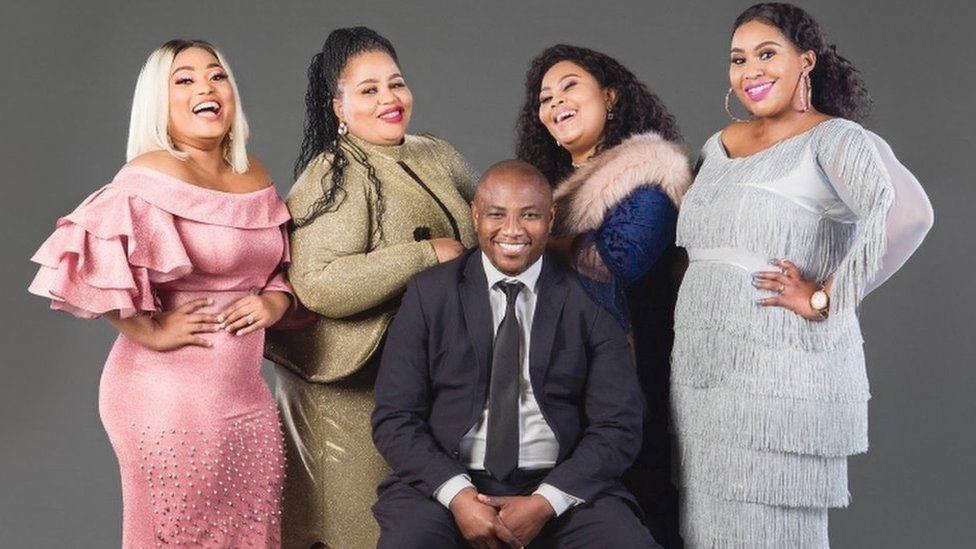The South African government has made a proposal to legalise polyandry- which is when a woman has more than one husband at the same time – and the notion has led to a score of protests from conservatives.
One of the main debates around the question of polyandry has been that it is about the control of women and women’s bodies but there is also the notion that African societies are not ready for ‘true equality’.
Professor Collis Machoko, who is a renowned academic on the topic, said that, “African societies are not ready for true equality. We don’t know what to do with women we cannot control.”
South African has made strides in ‘new-age’ liberal constitutions, embracing same sex-marriage for all and polygamy for men.
The irony comes in such that those who practice polygamy are the same ones that are against its opposite twin. Businessman and TV personality Musa Mseleku is among those opposed to polyandry yet he boasts of having four wives.

“This will destroy African culture. What about the children of those people? How will they know their identity?” asks Mr Mseleku, who stars in a South African reality TV show about his polygamous family.
READ MORE: South-African woman gives birth to 10 babies, breaks Guinness world record
“The woman cannot now take the role of the man. It’s unheard of. Will the woman now pay lobola (bride price) for the man. Will the man be expected to take her surname?”
There have been secret unions that have been formed but polyandry still remains shunned by arts of the society and thus remains underground. Many often act as though the marriage does not exist when questioned.
All this is because of fear of reprisals and persecution.
Polyandry was once practised in Kenya, the Democratic Republic of Congo and Nigeria, and it is still practised in Gabon, where the law allows it.
With the arrival of Christianity and colonisation the role of the woman became diminished. They were no longer equal. Marriage became one of the tools used to establish hierarchy.
In polyandry, the woman often initiates the relationships, and invites the husbands to join her union. Some pay the bride price, others opt to contribute to her livelihood. She has the power to remove a co-husband if she believes he is destabilising her other relationships.
Another reason was that some men struggle with infertility and hence give consent to their wives taking on another husband so that they could have children and create a guise in public to avoid being stigmatised or emasculated.
Gender rights activists in South Africa have asked the government to legalise such unions in the interest of equality and choice due to the fact the current law permits a man to take more than one wife.
BBC reported that, ‘Their proposal has been included in a document – officially known as a Green Paper – that the government has released for public comment.’
